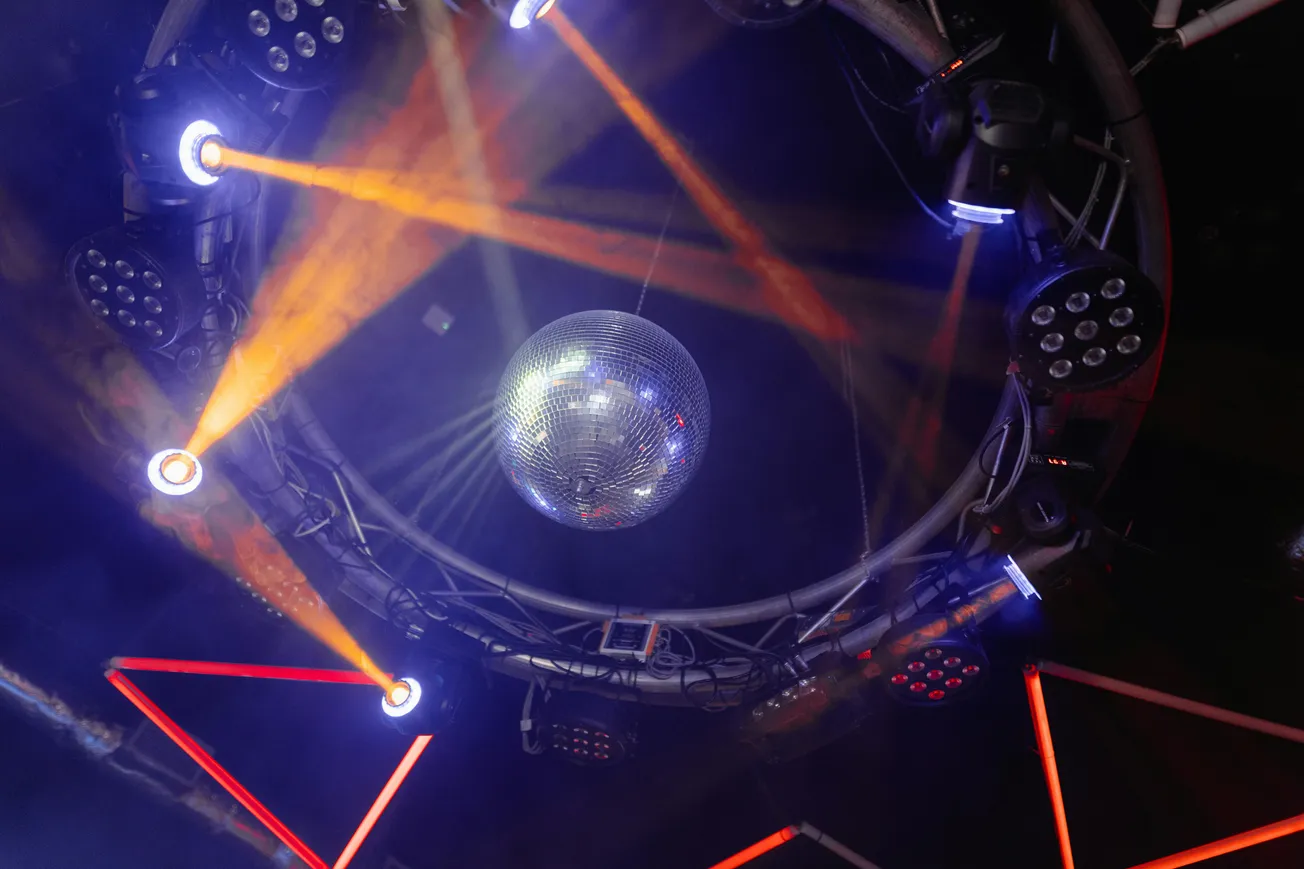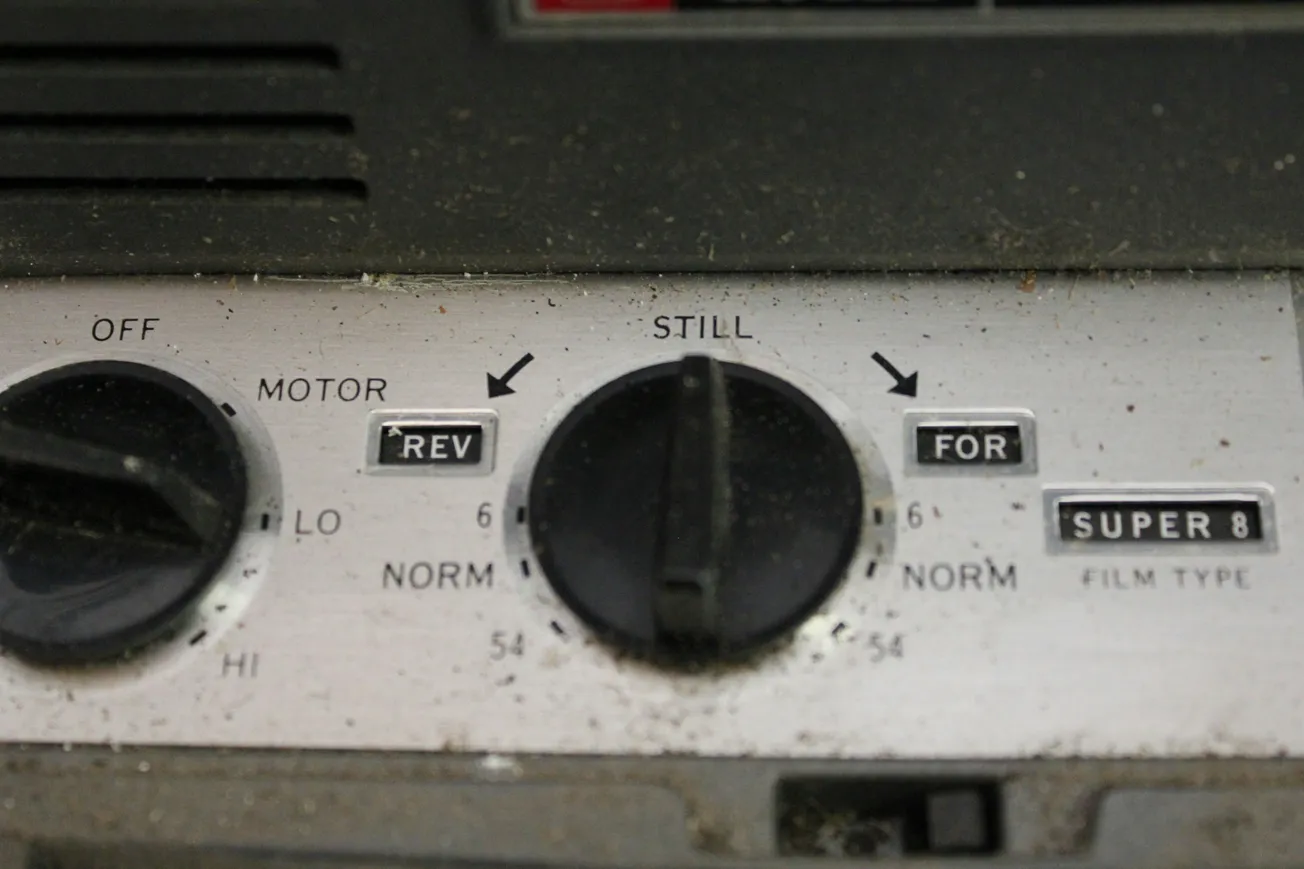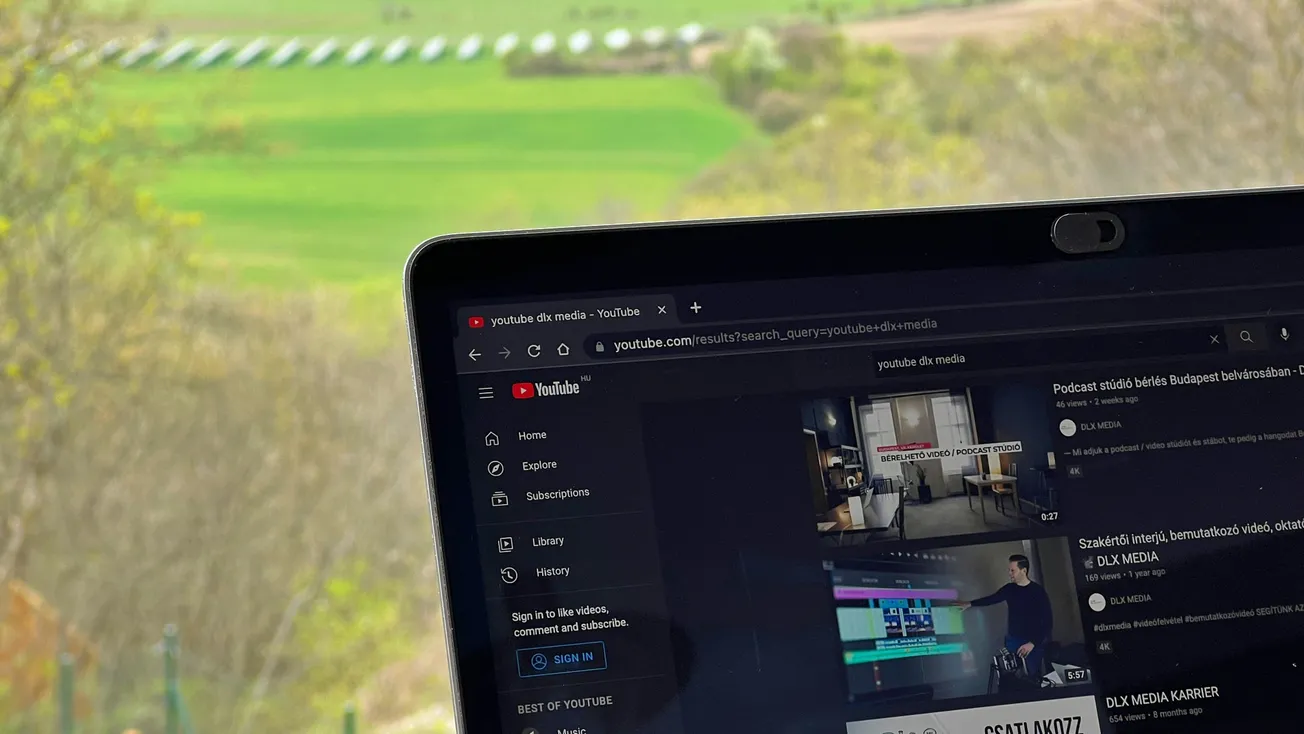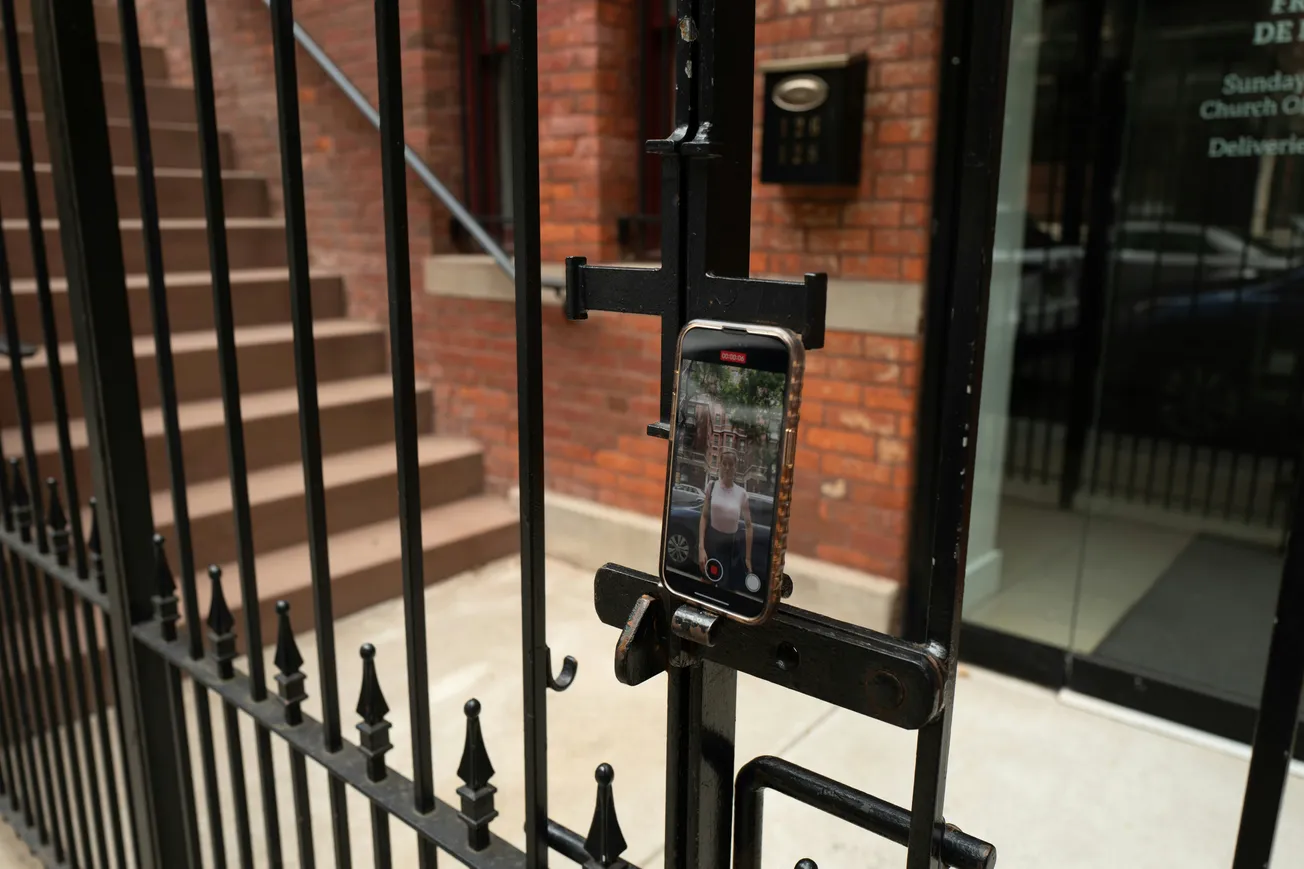Artificial Intelligence (AI) is no longer a mere concept in tech — it has infiltrated the very heart of the entertainment industry, drastically transforming how content is created, shared, and consumed. This shift holds profound implications for creators, audiences, and the industry at large.
The Power of AI in Creative Processes
AI is supplementing the creative process, allowing for an unprecedented flow of ideas. Writers are leveraging AI tools like ChatGPT to brainstorm and draft scripts, while musicians use platforms like Aiva to compose original soundtracks in mere minutes. AI is not here to replace human creativity; instead, it acts as a catalyst, enhancing the creative capabilities of artists and studios alike.
Enhancing Scriptwriting
Tools such as Jasper AI and ChatGPT are becoming staples among writers. These AI systems can generate complex narratives and assist in overcoming creative blocks, allowing screenwriters to refine their storytelling techniques efficiently.
Revolutionizing Music Production
Music creators are utilizing AI platforms to generate tracks tailored to various moods and styles without the need for extensive production resources. This level of accessibility is a game-changer for independent musicians who want quality without excessive costs.
AI-Driven Personalization for Audiences
On the audience side, AI is refining how we consume content, especially through tailored experiences. Platforms such as Netflix and YouTube are proficient at analyzing viewer behavior, leveraging algorithms to offer personalized recommendations that keep users engaged longer.
Adaptive Storytelling
In interactive gaming and narrative films, AI allows viewers to influence the storyline actively. This new form of competitive interactivity challenges how traditional narratives are structured, creating experiences that are uniquely engaging.
Empowering Independent Creators
The democratization of tools related to AI means independent creators can leverage the same cutting-edge resources as large studios. Whether it's through automated editing or AI-generated media, individual artists can produce high-quality content at an accelerated pace, allowing for greater exploration and experimentation.
Cost Efficiency through AI Tools
With tools like Lumen5 for video creation and D-ID for realistic avatars, solo creators can cut costs while maintaining professional-grade quality. AI is enabling these creators to level the playing field in a competitive landscape.
Challenges and Ethical Considerations
As with any transformative technology, the rise of AI in entertainment is accompanied by significant challenges. Deepfake technologies raise questions about authenticity and consent, while copyright laws struggle to catch up with the fast pace of innovation. Industry figures must navigate these complicated waters carefully to ensure the responsible use of AI in their work.
Conclusion
AI is not merely a tool; it’s evolving into a vital partner in the creative process for entertainers. Its potential to enhance artistic endeavors while also posing new challenges is striking a balance necessary for progress.
Moving forward, the entertainment industry must embrace AI’s capabilities wisely, ensuring a harmonious blend of technology and human touch in storytelling. For more insights on AI in creative processes, visit SUCCESS Magazine.










